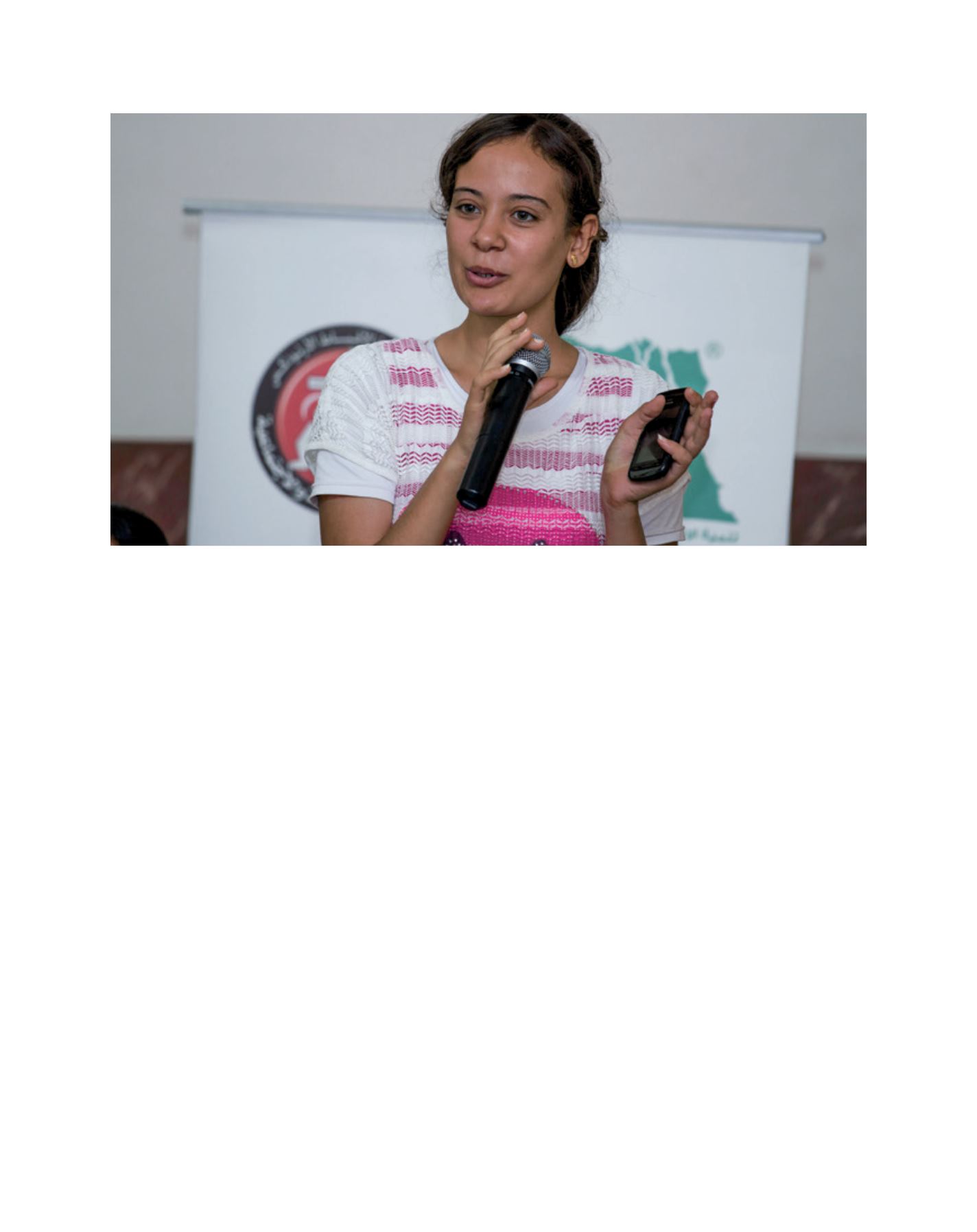

[
] 162
grow crops or care after cattle. They look after life and nature
with a special relationship, expecting more of it for the future
than what they have at present. Very often, people exchange,
or trade. Work is especially this, establishing relations; some-
times very transitory, just for a quick exchange. People sell
goods, food, high-tech products or very traditional ones. The
object of the trade is often visible, tangible, but more and
more it becomes virtual: minutes and second on the phone,
images on a screen that vanish. The number of goods to sell
can be very limited: one car a week makes a good car seller.
Sometimes it is infinite, unlimited: numerical images and
video games can be reproduced almost without constrains.
And therefore the chain of relations that is generated can
expand beyond territories and borders. Finally, maybe one
can say that working is also organizing, leading, facilitating,
mediating, supporting, caring, attending. In other words, the
essential part of the work becomes the relations themselves.
Labour means entering into relations and developing and
supporting them.
From another angle, one can say labour is about relations: it
connects human beings with land, nature and the environment
on one hand, and with their fellow human beings on the other
hand – with individuals, families, communities and societies.
Finally, and to generalize one step further, one can say that
labour is also, for each of us, defined in part by the space and
time where we locate ourselves. The place where we work is
not a home, but it helps define where our ‘home is’. Because of
all these aspects, asking about labour invites us to make refer-
ence to meaning, to rules and regulations and to ethics. That
is probably why it has been so frequent for religious traditions
to enter the realm of work, to question it, even to challenge it.
Meaning is probably the most obvious and the most difficult
dimension of labour religious traditions we are touching upon.
Given the amount of time we spend at work, finding a meaning
in what we do is of great importance. The meaning is sometimes
direct, it derives from our labour output. What we do, what we
produce, makes sense. Our work is a service, a contribution
to the common good. Sometimes the meaning is indirect and
derives from what it gives access to: a social status, a commu-
nity, a responsibility, but also resources, capital or revenues.
Labour regulations are also not foreign to religious tradi-
tions. They can be part of a legal corpus stipulating the good,
the bad or the better, in a normative or prescriptive way. The
most obvious are about the possible interference between
labour conditions and religious prescriptions: days of rest and
religious prayers and cultural practices. Vestment and vesting
practices can interfere with religious practices on vestment.
But in some instances it is the nature of the work, of the rela-
tionships it entails, that are explicitly addressed through legal
statement and as part of religious corpus or tradition. One can
think of the labour contract and how it should involve ‘free
contractors’, the nature of financial transactions, the welcom-
ing and position of foreigners in the community, the role of
domestic workers, the nature of children’s activity, salaries
and remunerations. They can either be formulated as ‘employ-
ers’ responsibilities’ or ‘workers’ rights’.
Last but not least, religious traditions sometimes reflect on
how labour, the conditions of labour and human relationships
can be improved in a work environment. It goes beyond the
question of good or bad, but is also a way to look for the better-
ing of the conditions of the workers. Some traditions may be
more prescriptive on issues related to hierarchical or fellow
Image: ILO
Given the amount of time we spend at work, finding a meaning in what we do is of great importance
A
gree
to
D
iffer

















